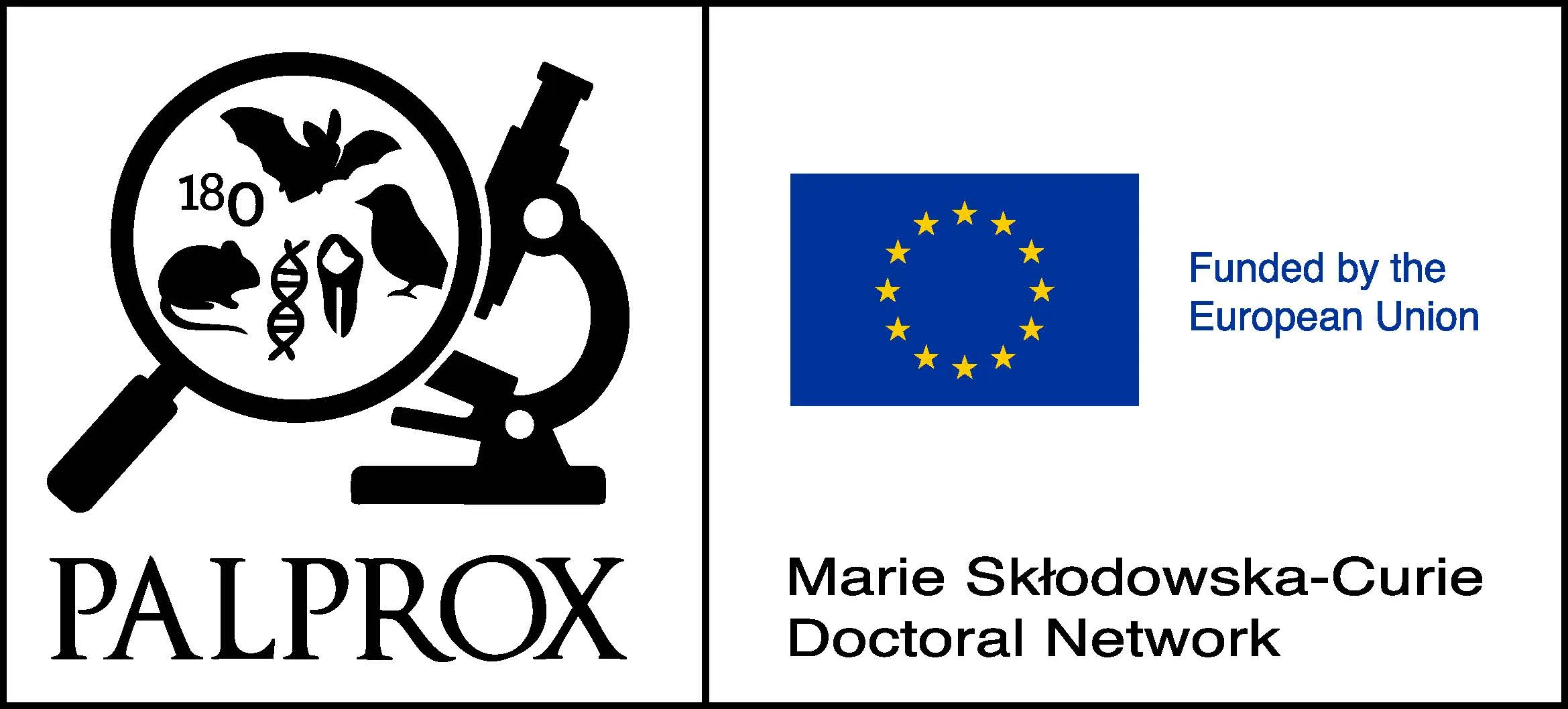Research Projects
PALPROX will address the three main core queries of its main objectives coming across the specificResearch Questions of nine Individual Research Projects (IRP)
Late Pleistocene climatic changes and human paleoecology: ecological and geochemical analysis in rodent remains
Supervisors: Dr Mónica Fernández-García and Dr Juan Manuel López-García
Host Institution: IPHES-CERCA (Spain)
Phd enrolment: Universitat Rovira i Virgili (Spain)
Objectives:
- To complete the taxonomic identification of small vertebrate communities and identify the origin of the accumulation.
- To analyse the climatic evolution of the sequences using high-resolution geochemical techniques, specifically stable isotopic compositions in teeth (δ18O/ δ13C).
- To reconstruct the past ecology associated with the assemblages using various methods of environmental reconstruction, including correlations based on stable isotopes to estimate past rainfall and temperatures.
- To explore the linkage between observed shifts in human subsistence patterns in the sequences and environmental reconstruction, evaluating causality.
Expected results:
- An integrated view of the potential of rodents in past ecology studies by different techniques: taxonomy, taphonomy, and geochemistry.
- A robust environmental interpretation and integration into the broader context of human paleoecology during the Late Glacial.
- A new high-resolution data to the field for integration into open repositories such as the Neotoma database.
Planned secondment(s):
CNRS-UBE-EPHE UMR-6282 Biogéosciences has all the required equipment for the analyses and expertise in geochemistry from small mammals of which will be benefited the DC through complementary approaches. Dr. Royer will act as co-supervisor during a secondment spanning from 2 to 6 months. The secondment period will begin after the third month of the second year of the DC contract. The dates will be subject to changes based on the progress of the IRP.
